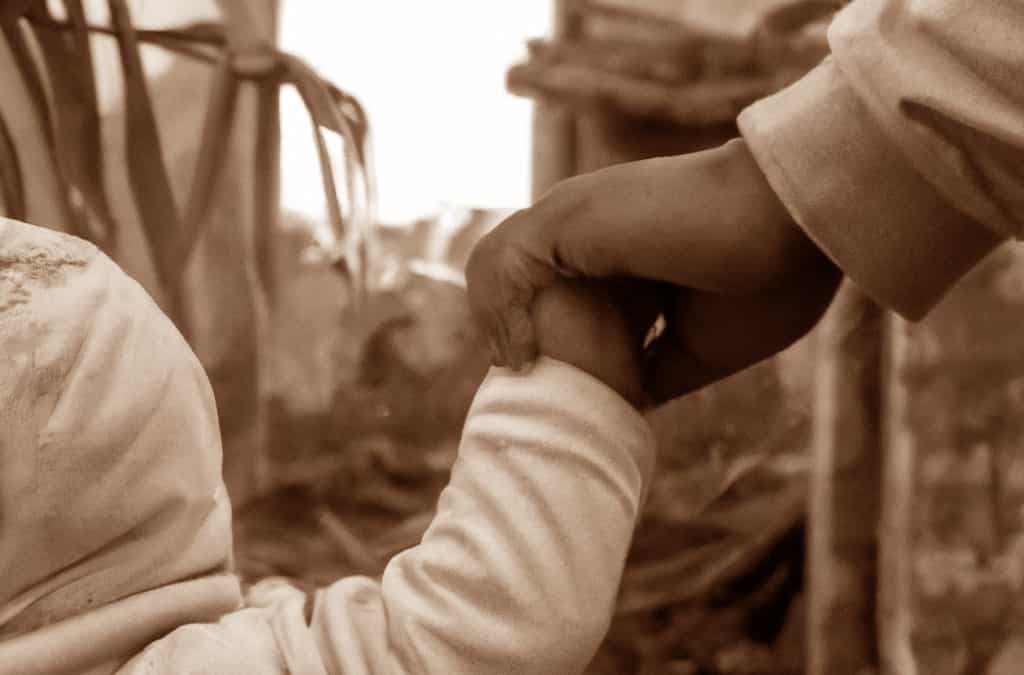
Preparing for a catastrophe is always a wise decision, especially if you have an infant in your care. Infants are the most vulnerable in times of crisis, and it’s crucial to have a plan in place to ensure their safety and well-being. In this article, we will discuss what you need to prepare for a catastrophe if you have an infant with you, including a list of foods, medication, and other essential items that will last for at least a month.
Food
The first thing you need to prepare for is food. Infants require a lot of nourishment, so it’s essential to have a good supply of nutritious and easy-to-prepare foods. Here are some of the food items you should consider stockpiling:
- Formula – For a one-month supply, you’ll need about 60-80 ounces of formula per week, depending on your infant’s age and weight. So, for a four-week supply, you should have around 240-320 ounces of formula on hand.
- Powdered milk – If you plan to use powdered milk as a backup or to stretch your formula supply, you’ll need about 1-2 cans of powdered milk per week. So, for a one-month supply, you should have around 4-8 cans of powdered milk on hand.
- Rice cereal – A typical box of rice cereal contains around 16-20 ounces of cereal, which should last about a month.
- Pureed baby food – A typical jar or pouch of pureed baby food is around 4 ounces, so you’ll need about 2-3 jars or pouches per day. For a one-month supply, you should have around 60-90 jars or pouches on hand.
- Oatmeal – A typical container of oatmeal contains around 16-18 ounces of cereal, which should last about a month.
Medication
In case of a catastrophe, it’s essential to have a good supply of medication for your infant. Here are some of the medical supplies you should consider stockpiling:
- Infant acetaminophen – You should have at least one bottle of infant acetaminophen (2-4 oz) on hand for a one-month supply.
- Infant ibuprofen – If your infant is over six months old, you may want to have a bottle of infant ibuprofen (2-4 oz) on hand as well.
- Diaper rash cream – You should have at least two tubes of diaper rash cream (2-4 oz) on hand for a one-month supply.
- Gas relief drops – A typical bottle of gas relief drops contains around 0.5-1 oz of drops, which should last about a month.
- Saline drops – A typical bottle of saline drops contains around 1 oz of drops, which should last about a month.
Other Essential Items for a Catastrophe
Aside from food and medication, there are other essential items for you to prepare for a catastrophe. Here are some of the items you should consider stockpiling:
- Diapers – For a one-month supply, you’ll need around 200-300 diapers, depending on your infant’s age and how often you change them.
- Wipes – You’ll need at least one package of wipes per week, so for a one-month supply, you should have around 4-5 packages of wipes on hand.
- Bottles and nipples – If your infant is formula-fed, you should have at least 8-10 bottles and nipples on hand for a one-month supply.
- Blankets – You should have at least 4-5 blankets on hand for a one-month supply.
- Clothes – You should have at least 8-10 onesies, 4-5 sleepers, and 4-5 outfits on hand for a one-month supply.
These quantities are estimates and may vary depending on your infant’s individual needs and how often you need to use each item. It’s always a good idea to err on the side of caution and have a little extra on hand, just in case.




